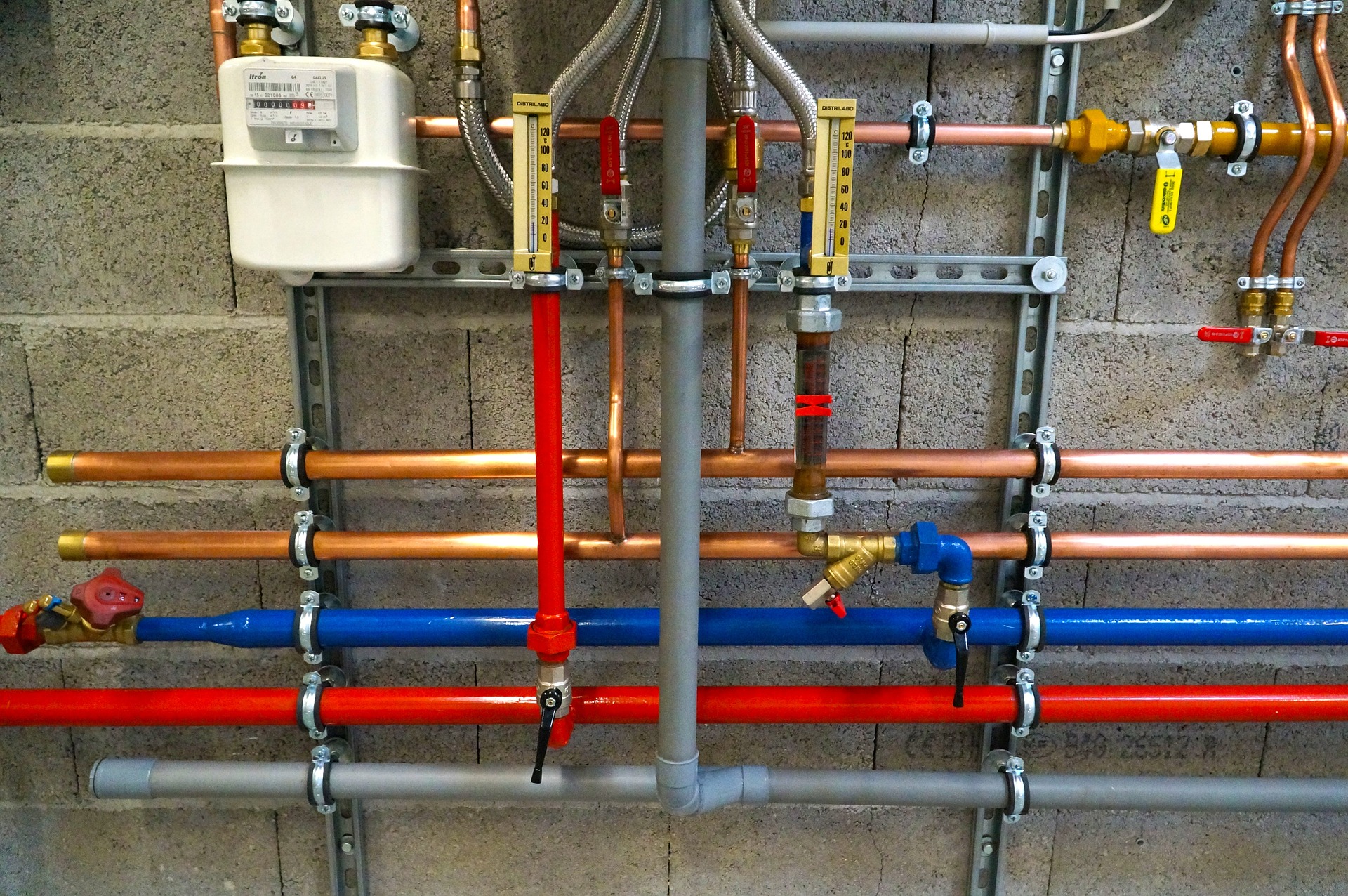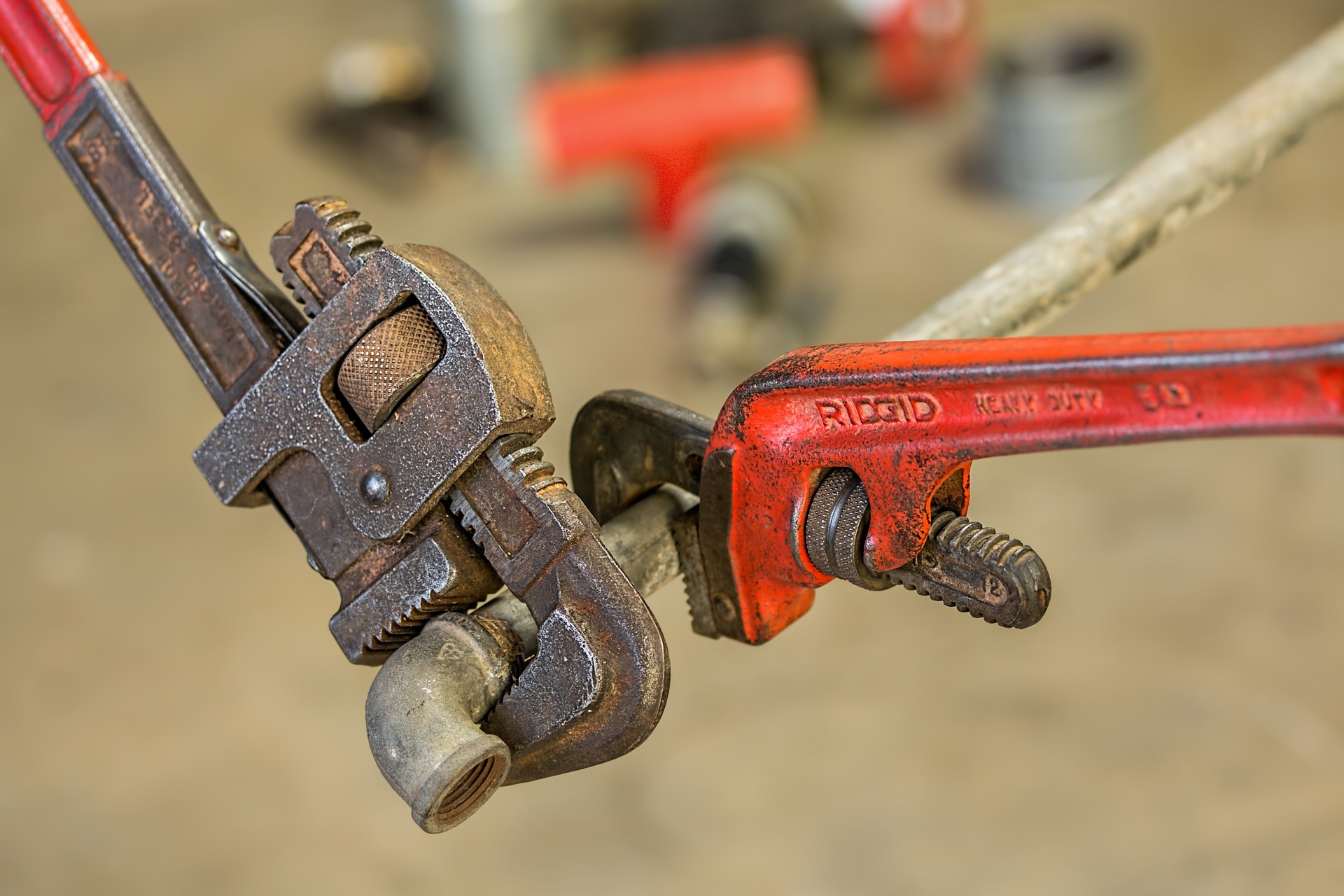Gas-powered water jets are widely used in plumbing services as they efficiently clear out blockages in pipes and drains. However, if you live in a hot and dry climate, it’s important for you to take some extra steps to protect your gas-powered water jet. In this article, we will discuss some tips and tricks to keep your gas-powered water jet in optimal condition.
Tip #1: Store Your Equipment in a Safe Place
Gas-powered water jet equipment is expensive and requires proper storage. The storage area should be cool and dry, away from direct sunlight, and well-ventilated. Direct sunlight can cause the equipment to deteriorate rapidly as heat can damage the hose and nozzle. The gas-powered water jet should be stored in a covered area or under a tarp to protect it from weather elements.
Tip #2: Check the Engine Oil Regularly
Checking the engine oil of the gas-powered water jet is crucial to maintain its optimal performance. In hot and dry climates, the engine oil can quickly evaporate or break down, leading to wear and tear of the engine. It’s recommended to check the engine oil at least twice a week or before each use. If the oil is dirty or low, add new oil or replace it altogether.

Tip #3: Clean the Water Tank Regularly
The water tank of the gas-powered water jet should be cleaned regularly to prevent the buildup of sediment and rust. If the water tank is not cleaned regularly, it can clog the machinery, leading to early wear and tear. It’s advisable to clean the water tank every three to four months, depending on your usage.
Tip #4: Protect the Gas Tank from Direct Sunlight
Direct sunlight can heat up the gas tank of the gas-powered water jet, leading to the fuels evaporation, making the equipment less efficient. It’s recommended to cover the gas tank with a tarp or keep the equipment in a cool and shady spot. This action will prevent the gas-powered water jet from overheating and reduce the evaporation of the gas.
Tip #5: Use the Right Fuel
Using the right fuel is critical in maintaining the optimal working condition of your gas-powered water jet. Using a fuel that is not recommended by the manufacturer can render the equipment useless. It’s important to refer to the gas-powered water jet owner’s manual to know the recommended fuel type and octane ratings.

In conclusion, protecting your gas-powered water jet in hot and dry climates is crucial to maintaining its optimal working condition. Proper storage, checking the engine oil, cleaning the water tank, protecting the gas tank from direct sunlight, and using the right fuel are crucial steps in extending the lifespan of your gas-powered water jet. Remember that gas-powered water jet equipment is costly, so investing time and effort in maintaining it will reduce your costs in the long run. If you require professional plumbing services, don’t hesitate to contact Ace Plumbing Repair at (844) 711-1590 or visit our website AcePlumbingRepair.com for more information.






